Mcleod, 1st April: A Tibetan man lit himself on fire at a police station in a Tibetan district of northwestern China’s Qinghai province on Wednesday, according to RFA, and was promptly carried away by officials with no news on his health. Tsering Samdup, self-immolated in front of a Chinese police station near a Buddhist monastery in Kyegudo (in Chinese, Jiegu), in the Yushul (Yushu) Tibetan Autonomous Prefecture in Qinghai on Wednesday afternoon.
According to Rfa’s source, the Tibetan who self-immolated is a highly educated man who was quickly apprehended by Chinese authorities. No one is permitted to meet or question about the self-immolator. The source further added that the Chinese authorities have put no restrictions in place in Kyegudo at the time in order to present a very normal ambiance.
The Tibetan Government in Exile, CTA, acknowledged the incident’s timing and location, but stated that “verifiable information on the name and background detail of the self-immolator is not available.”
Tsering’s attempt is the first in Yushul since a series of six self-immolations by males ranging in age from 22 to 62 occurred in 2012. Yushul is a region of nomads and monasteries that was part of Tibet’s traditional Kham province.
Since 2009, 159 Tibetans have burned themselves on fire, largely to protest Chinese rule in Tibetan territories, while another eight have committed suicide in Nepal and India, both of which have considerable exile communities.
The previously known self-immolation occurred on February 25, when Tsewang Norbu, a popular modern musician, yelled slogans and set himself on fire in front of the landmark Potala Palace in Lhasa, Tibet’s regional capital.
Since huge protests swept the region in the run-up to the 2008 Beijing Olympics, sporadic demonstrations questioning Beijing’s sovereignty over what was an independent nation until China’s invasion in 1950 have continued in Tibetan-populated areas of China.
In Tibetan areas, high-tech controls on phone and internet communications prevent news of Tibetan protests and arrests from reaching the outside world, and spreading news of self-immolations outside China can result in prison sentences.
Tibetans’ political activities and peaceful expressions of ethnic and religious identity are restricted by Chinese authorities in Tibet, and Tibetans are subjected to persecution, torture, imprisonment, and extrajudicial killings.

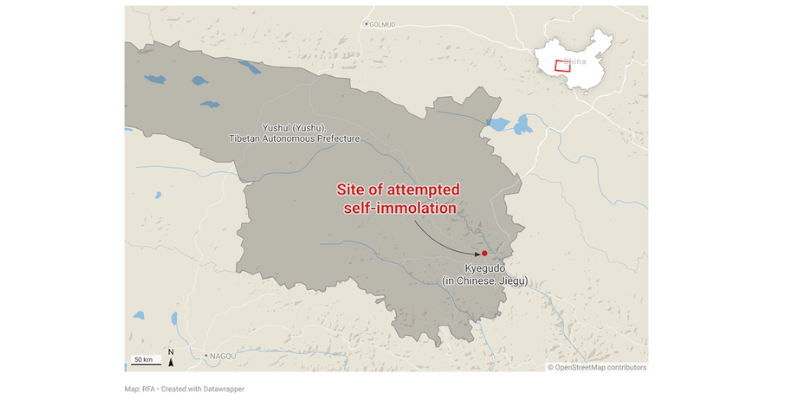
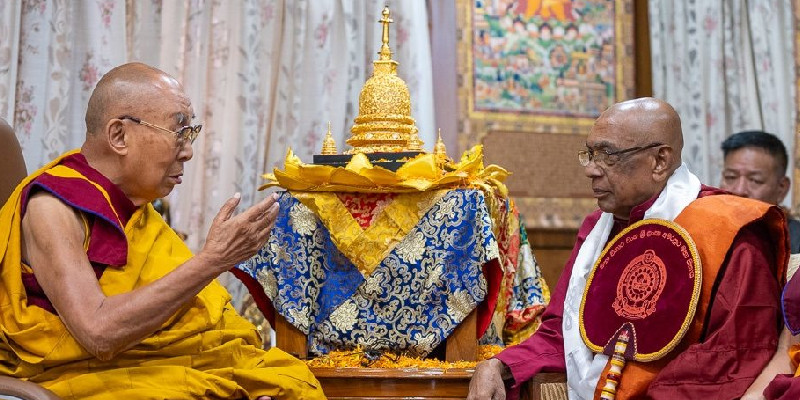
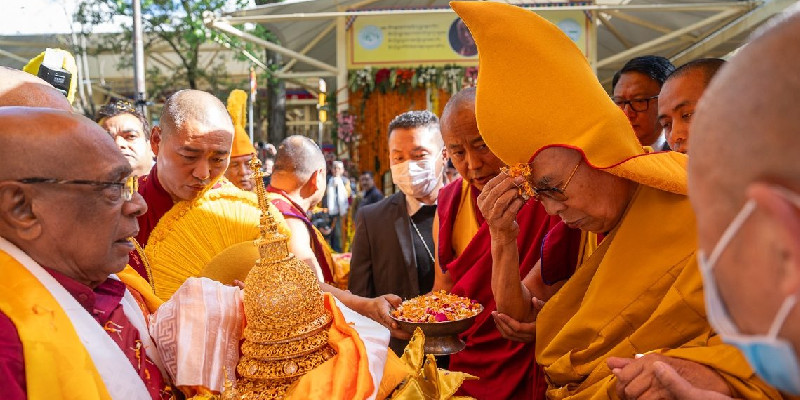
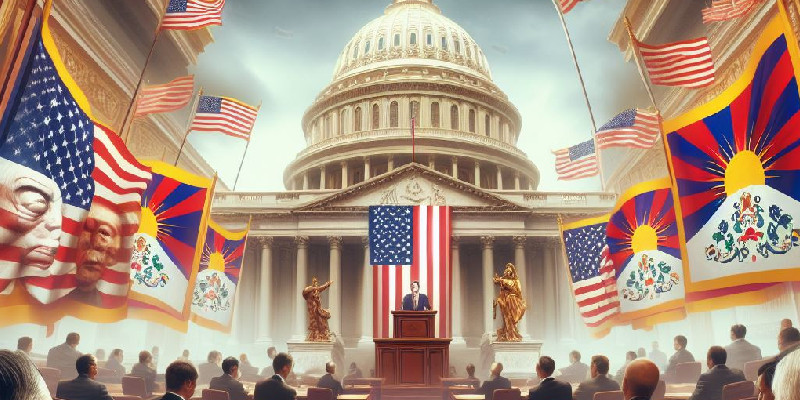

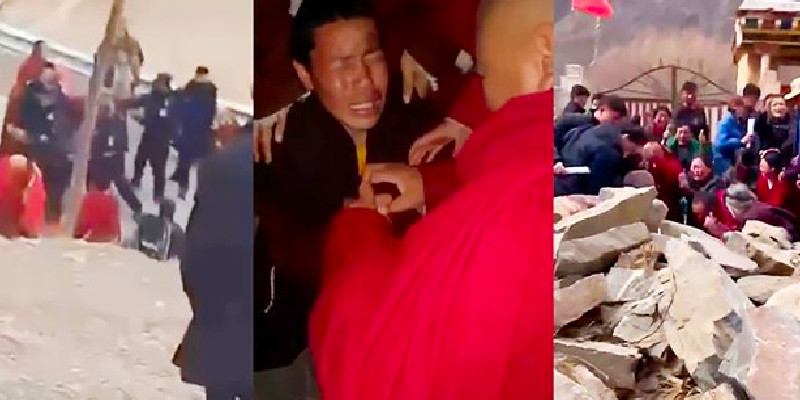
Leave a Reply